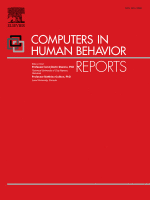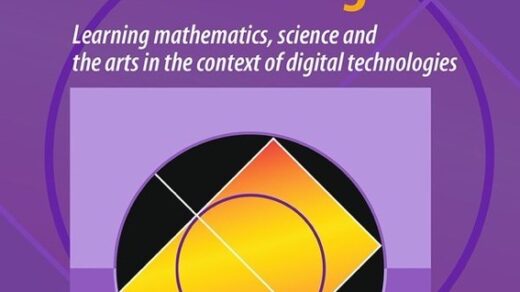Thrilled to announce the publication of the latest issue of Technology, Knowledge and Learning, Volume 30, Issue 4! 🎉 and excited to share this rich collection of 24 empirical and critically reflective articles. Here’s a glimpse into the compelling research you’ll find:
Key Themes Explored in This Issue:
- Generative AI in Education: Promises, Perceptions & Pedagogy 🤖
A significant cluster of articles explores the burgeoning role of Generative AI (GenAI) in education. Research investigates how GenAI interventions can enhance pre-service teachers’ self-efficacy and AI literacy 🧑🏫, and unpacks teacher and student perspectives on using AI for school feedback 💬. Studies also examine GenAI integration in specific subjects, such as Maltese language teaching, and delve into the psychological factors (e.g., anxiety, psychological needs) influencing the adoption of tools like ChatGPT in university settings 🧠. You’ll also find the introduction of innovative AI-driven feedback generation tools (AIRSim), critical reflections on the need for sound learning theories in AIED, and even an empirical test of ChatGPT’s ability to pass a physics exam 🧪, complemented by a systematic review of AI in Computer Science Education. - Teacher Professional Learning & Technology Integration 👩💻
Several studies illuminate how teachers learn with and about technology. This includes the implementation of simulation tools like simschool in teacher education, the design of digital mathematical tasks ➕, and the integration of digital game-based learning in mathematics classrooms 🎮. Longitudinal case studies track teachers’ computational thinking infusion and their adoption of learning analytics-enhanced pedagogical practices 📈. The issue also features a re-examination of the UTAUT-2 model in the context of ICT use by kindergarten teachers, and explores elementary preservice teachers’ pedagogical approaches through animation. - Learning Technologies & Pedagogical Practices 💡
The issue showcases research on specific technologies and their impact on learning experiences. This includes a usability evaluation of a serious game designed to tackle bullying and cyberbullying in primary education 🛡️, explorations of VR user experiences 🌐, and practical considerations for selecting educational robotics tools for early childhood settings 🤖. A thought-provoking piece also examines the discrepancy between teachers’ perceptions and students’ experiences in technology-enriched classrooms 🧐, highlighting crucial cognitive and experiential gaps. - Data-Driven Insights, Learning Analytics & Online Environments 📊
Contributions in this area focus on designing curricula about online data collection and use, addressing critical data literacy needs for youth and teachers. Other studies present the development and validation of a tool to measure learners’ sense of control in online classes 🧑💻, and apply an educational process mining model to student path data from virtual learning environments 🗺️, offering valuable insights into learning processes. - Digital Inclusion & Competencies 👵👴
A vital article addresses the critical challenge of neutralising external and internal barriers in the digital inclusion process for seniors, focusing on effective ways to shape digital and media competences among diverse populations.
This issue truly offers a comprehensive look at the evolving landscape of technology in learning, providing rigorous empirical evidence and critical perspectives essential for advancing the field. I encourage you to delve into these insightful studies, engage with the findings, and share your thoughts. 💡
A profound thank you to all the dedicated authors for their rigorous research, our esteemed editorial board members for their guidance, and the diligent reviewers for their invaluable contributions to maintaining the high standards of Technology, Knowledge and Learning. 🙏 Your commitment makes these scholarly conversations possible.
Access the full issue here:
🔗 https://link.springer.com/journal/10758/volumes-and-issues/30-4


